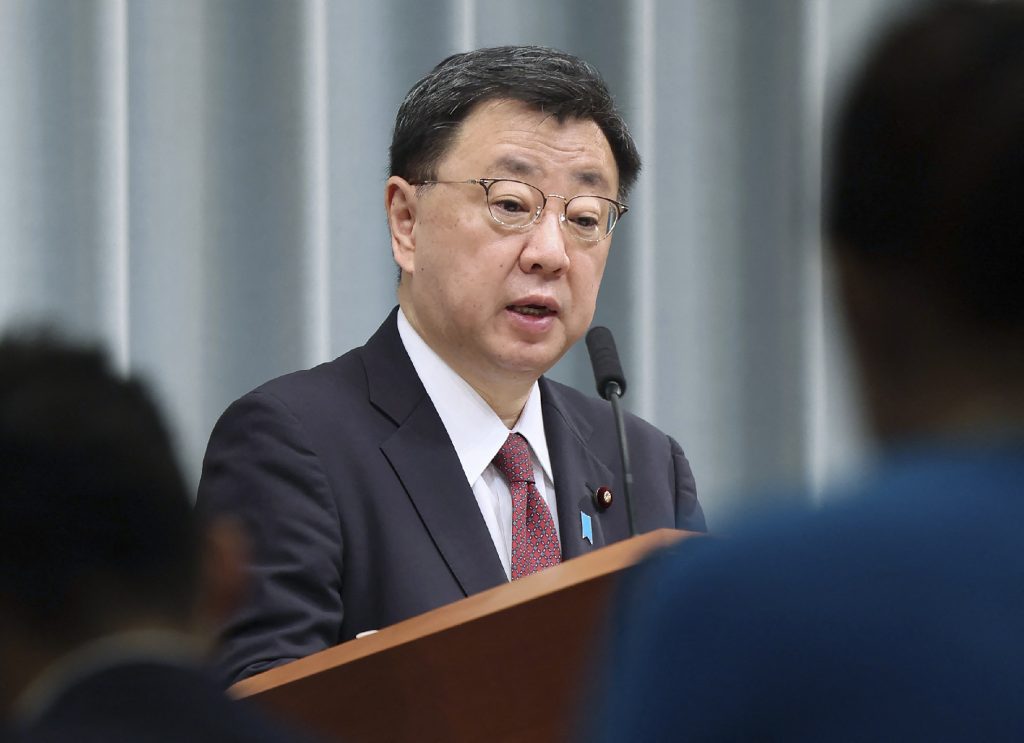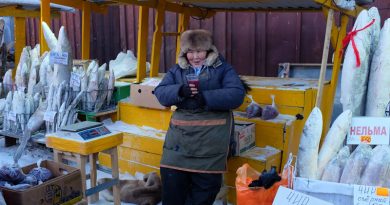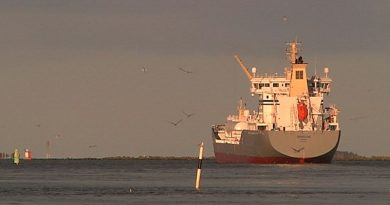Japan to ensure stable energy supply despite US sanctions on Russia’s Arctic LNG 2

By Yoshifumi Takemoto, Reuters
Japan will ensure stable and steady energy supply to the country even after the U.S. imposed fresh sanctions related to Russia’s Arctic LNG 2 project, Japan’s Chief Cabinet Secretary Hirokazu Matsuno said on Tuesday.
The Arctic LNG 2 project is operated by Russia’s Novatek while Japanese trading company Mitsui & Co and state-owned Japan Organization for Metals and Energy Security (JOGMEC) hold a combined 10% stake.
Mitsui and JOGMEC are set to receive a combined 2 million metric tons of liquefied natural gas (LNG) per year from the project.
The latest sanctions are part of several economic measures the U.S., Europe and their allies have taken against Russia in response to its invasion of Ukraine in February 2022, including a soft price cap on Russian oil and fuel exports.
“In cooperation with the G7 including the United States, we will make a comprehensive judgment and take appropriate measures to make sure the stable supply of energy to Japan,” Matsuno told a news conference.
He also said that the government was gathering information about the sanctions and its possible impact to Japan.
Delayed production from Russia’s Arctic LNG 2?
Resource-poor Japan imports nearly all of its oil and natural gas.
The sanctions do not apply to the project itself nor to its shareholders, but a Japan government source said they could complicate how Mitsui and JOGMEC provide support for the project and could also delay production from Arctic LNG 2.
Mitsui said on Saturday it is committed to complying with the sanctions. JOGMEC said on Tuesday it is examining the situation, including the impact on the project, while gathering information from various parties involved in the business.
“Japan is in line with other G7 countries in pursuing less dependence on Russian energy but we have to balance that with energy security,” another Japanese government official said on Tuesday.
Novatek plans to start the first production train at Arctic LNG 2 at the end of the year, which may reach full output by the first quarter of 2024. The project is designed to run three production lines with an annual production capacity of 19.8 million metric tons.
The U.S. sanctions apply to a number of Russian companies and one UAE firm providing architecture, construction and engineering services for the project, and to a Russian ship construction firm that will operate two LNG floating storage units for Arctic LNG transhipments via the Northern Sea Route and to two storage vessels set to operate on the route.
Related stories from around the North:
Canada: Bill requiring First Nations’ oil and gas development consent spiked in Yukon
Norway: Norway’s oil minister: “We need new discoveries”, The Independent Barents Observer
Russia: More Russian Arctic oil via Murmansk redirects to India, The Independent Barents Observer
United States: Indigenous leaders divided over ANWR court ruling, Eye on the Arctic



